Have you ever feel a sense of discomfort when trying something new? We've all been there. It can be disconcerting to try new things or to not know how and to risk failure or simply not being proficient. Especially if we will be witnessed in our fallibility or knowledge/skill gap. Who wants to be confronted with a perceived lack?
Yet, as we journey through life, personal growth becomes an inevitable and essential part of our experience. A crucial aspect of this growth is the ability to recognize and acknowledge what we don't know, the skills we haven't yet developed, and the obstacles that hinder our progress. This process of self-awareness is both necessary and powerful, but it can also be profoundly uncomfortable.
The discomfort arises from confronting our limitations and perceived inadequacies. It's natural to feel vulnerable when we expose our weaknesses, even to ourselves. This feeling often triggers our "not enough" stories – internal narratives that tell us we're insufficient or unworthy. The desire to avoid this discomfort can lead us to shy away from experiences or opportunities that might highlight these gaps in our knowledge or abilities.
However, it's crucial to understand that this discomfort is not only normal but also a sign of growth. Every time we step out of our comfort zone, we're likely to encounter feelings of uncertainty and inadequacy. These emotions signal that we're pushing our boundaries and expanding our capabilities.
The key to leveraging this discomfort for personal growth lies in our approach to it. Instead of viewing it as a negative experience to be avoided, we can reframe it as a valuable indicator of areas ripe for development. By cultivating acceptance of these uncomfortable feelings, we create space for growth without self-judgment.
Here are some strategies to help navigate the discomfort of noticing our gaps:
Practice self-compassion: Treat yourself with the same kindness you'd offer a friend facing challenges. Recognize that everyone has areas for improvement.
Adopt a growth mindset: View your gaps not as fixed deficiencies, but as opportunities for learning and development.
Set realistic expectations: Understand that growth is a process, and perfection is not the goal. Progress, no matter how small, is valuable.
Celebrate your efforts: Acknowledge the courage it takes to confront your limitations and the steps you're taking to address them.
Seek support: Share your journey with trusted friends, mentors, or professionals who can offer encouragement and guidance.
When we embrace the discomfort of noticing our gaps, we can use it as a powerful tool for self-improvement. Instead of allowing it to paralyze us, we can harness this awareness to become laser-focused on our next steps. By identifying specific areas for growth, we can create targeted action plans to address our weaknesses and expand our capabilities.
Remember, the most successful individuals are not those who never experience doubt or discomfort, but those who learn to work with these feelings productively. They understand that discomfort is often the price of admission for meaningful personal and professional development.
It's natural to feel uneasy when confronting our limitations, at the same time, this discomfort can be a catalyst for profound growth. By cultivating acceptance, practicing self-compassion, and maintaining a growth-oriented mindset, we can transform the discomfort of noticing our gaps into a powerful driver of personal evolution. Embrace the journey, uncomfortable as it may sometimes be, and watch as you unlock your full potential.
Next week we'll explore the process of showing up for ourselves in new ways, even if we don't yet believe we are capable of it.
How have you been holding yourself back? Would you like support to change those patterns, reach out and let’s have a conversation.
Book a call to see if we’re a good fit to work together to finally eliminate your anxiety, overwhelm, and self-doubt to create the life you want.
Learn more about my coaching style.
For immediate support, Subscribe to my podcast, Permission to Be Your Full Self
“We see comfort as an achievement and the truth is, comfort is actually defined as your tolerance for discomfort.”
- Peter Sage
Be not afraid of discomfort. If you can't put yourself in a situation where you are uncomfortable, then you will never grow. You will never change. You'll never learn.
- Jason Reynolds

